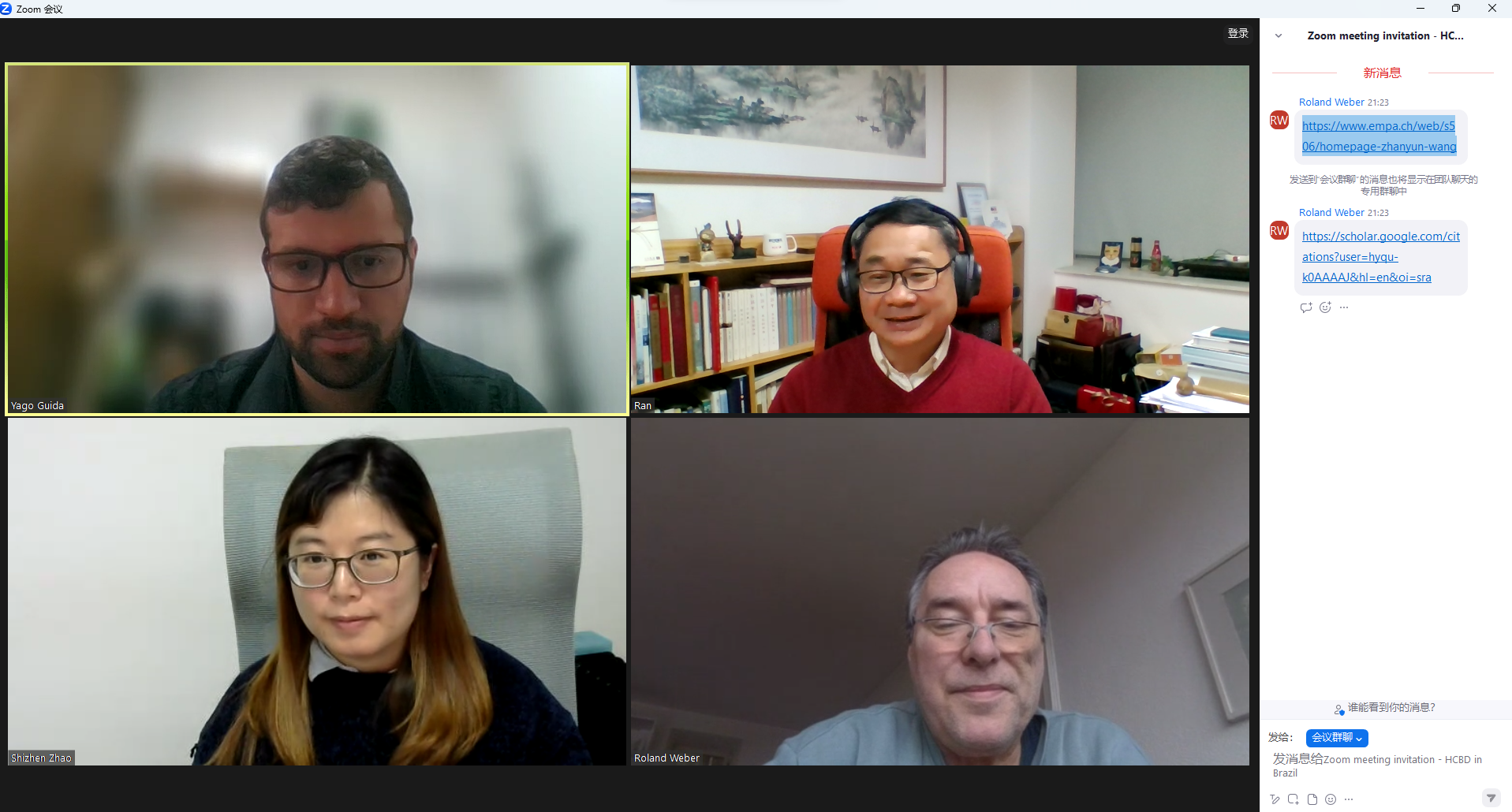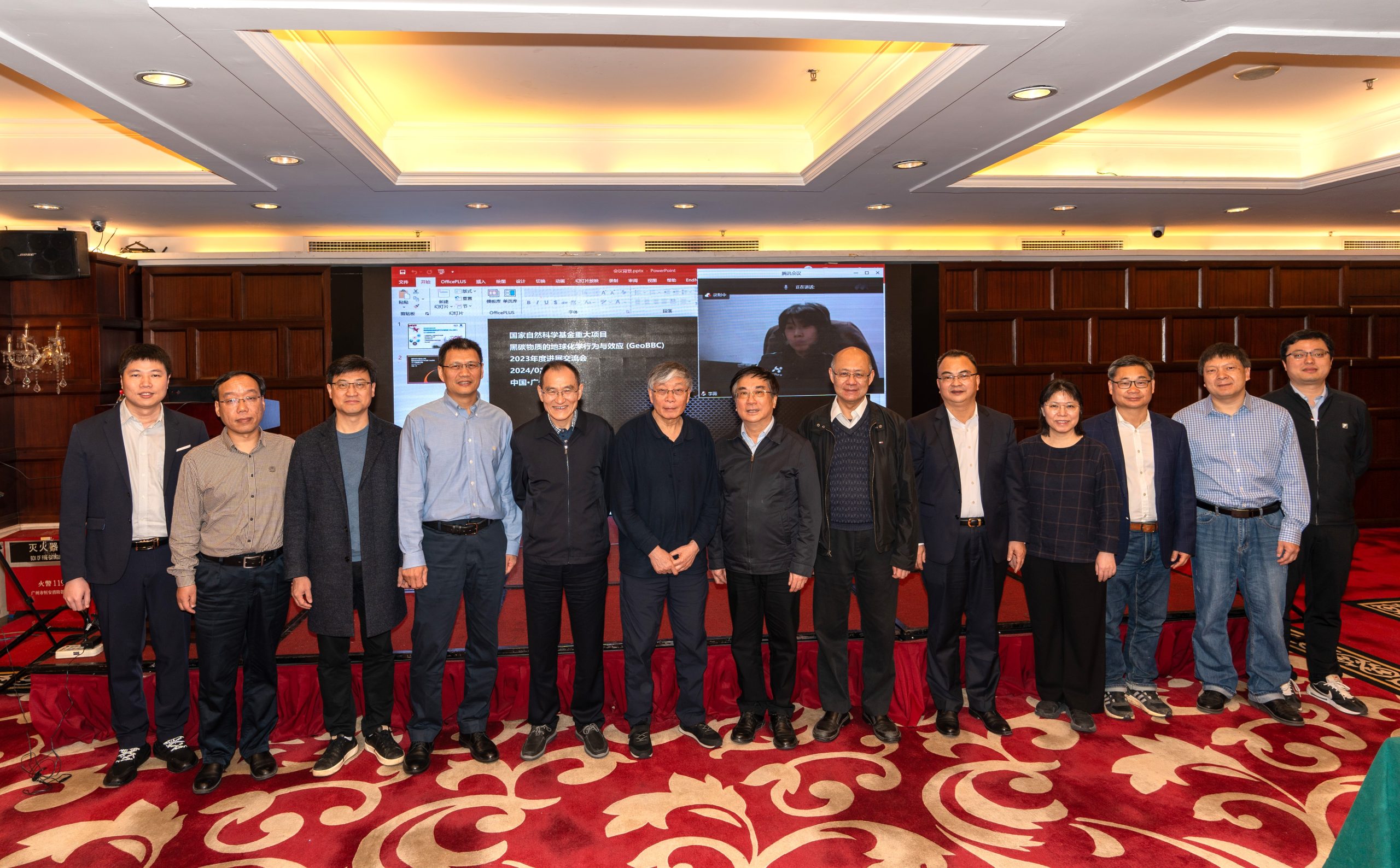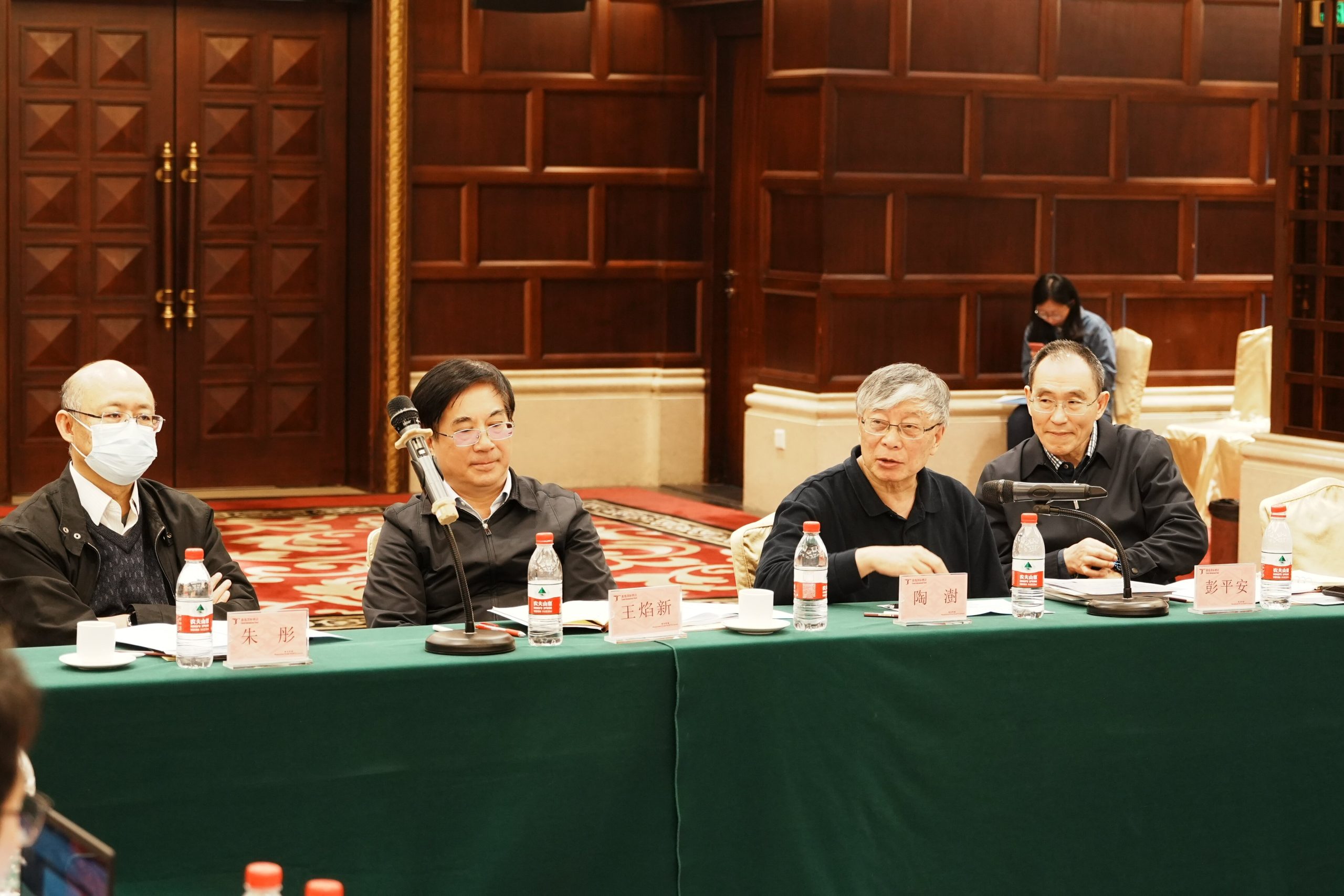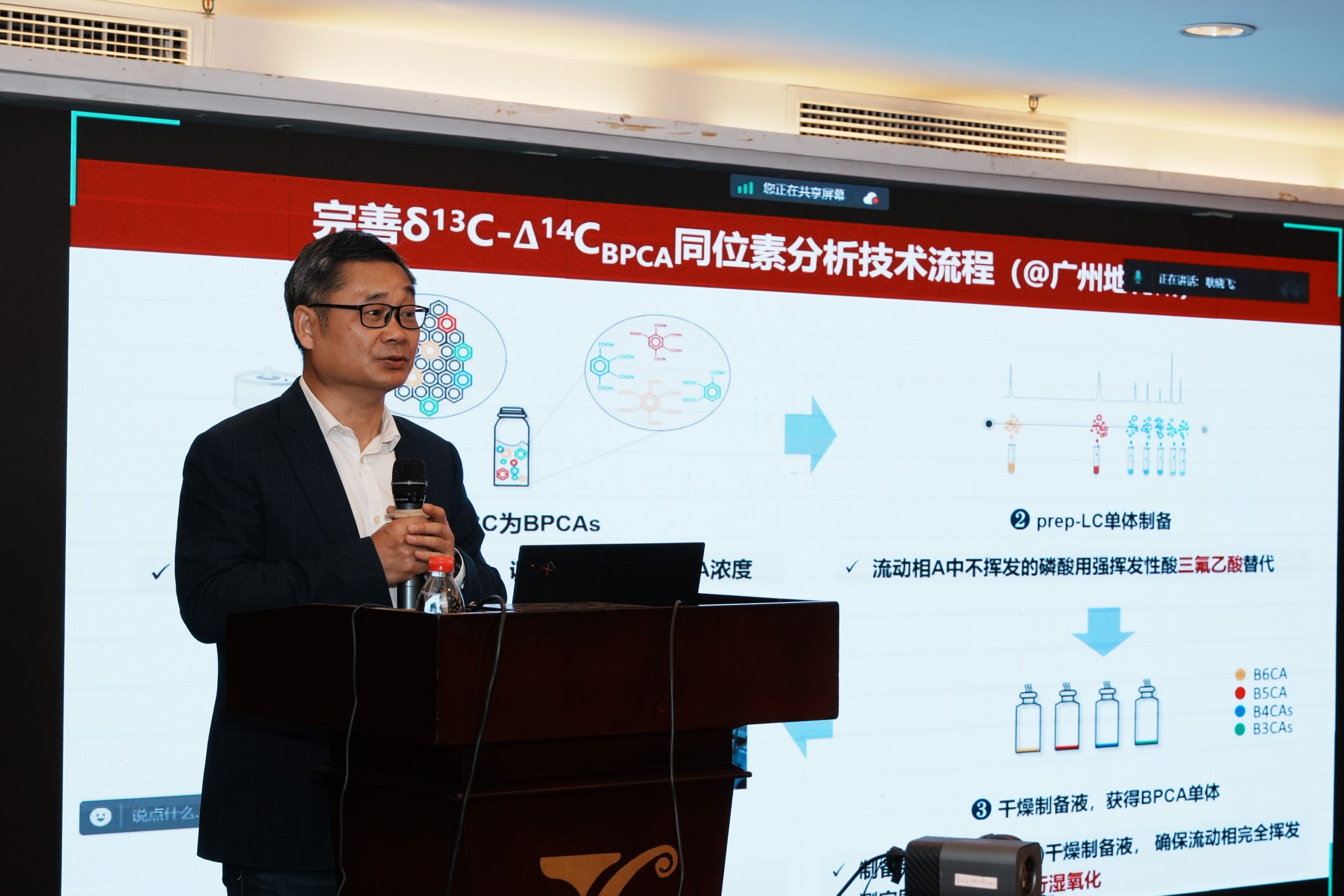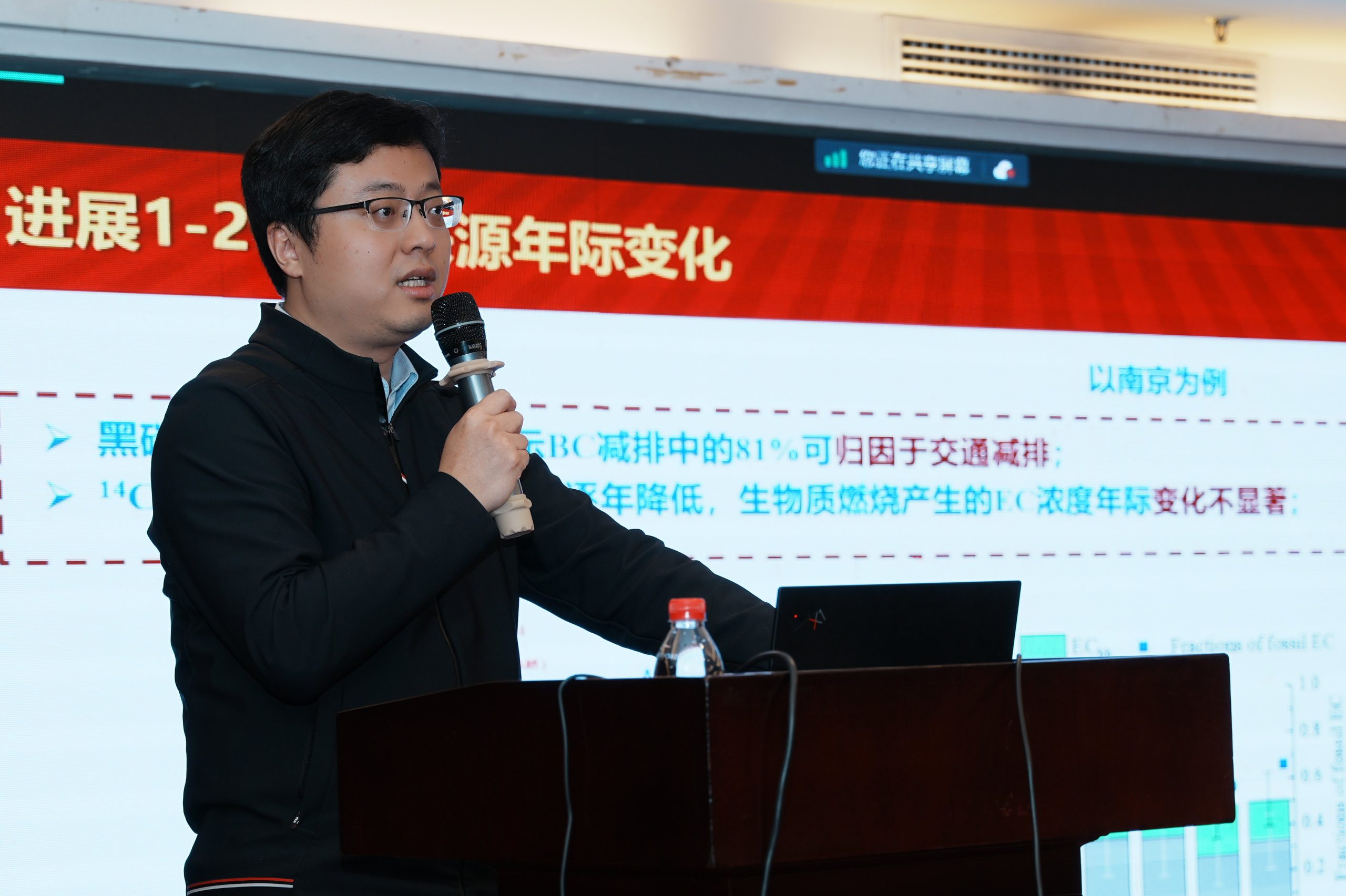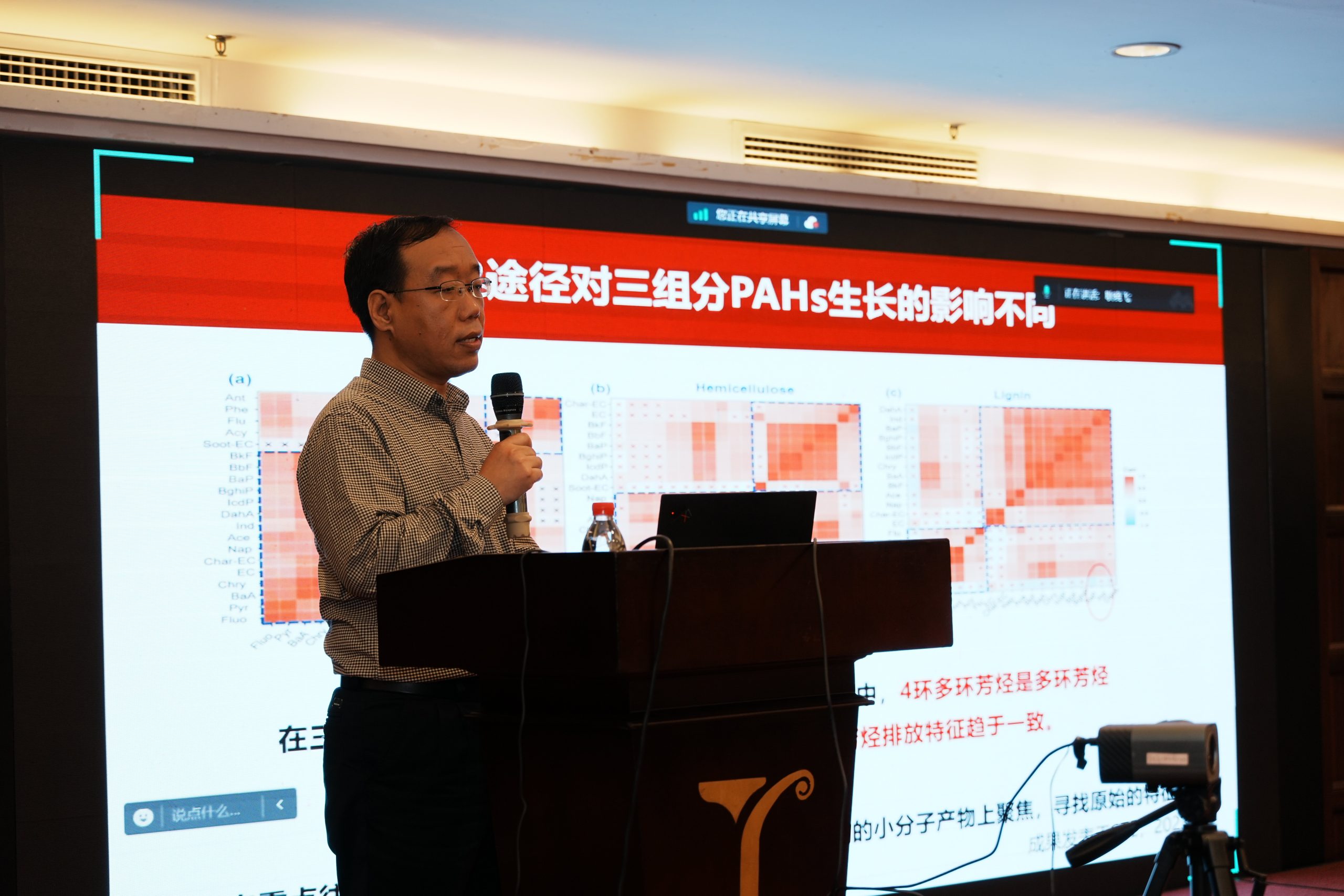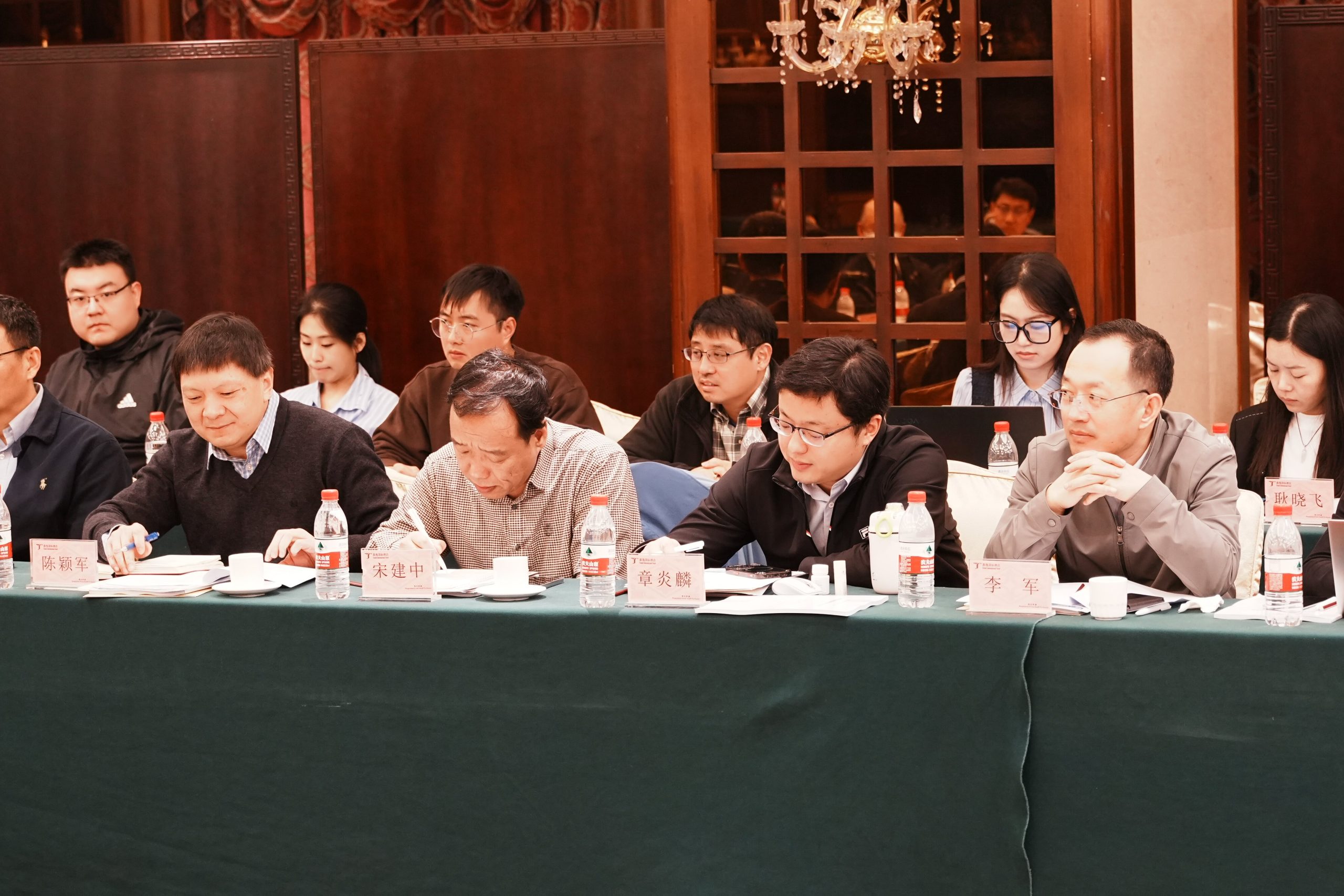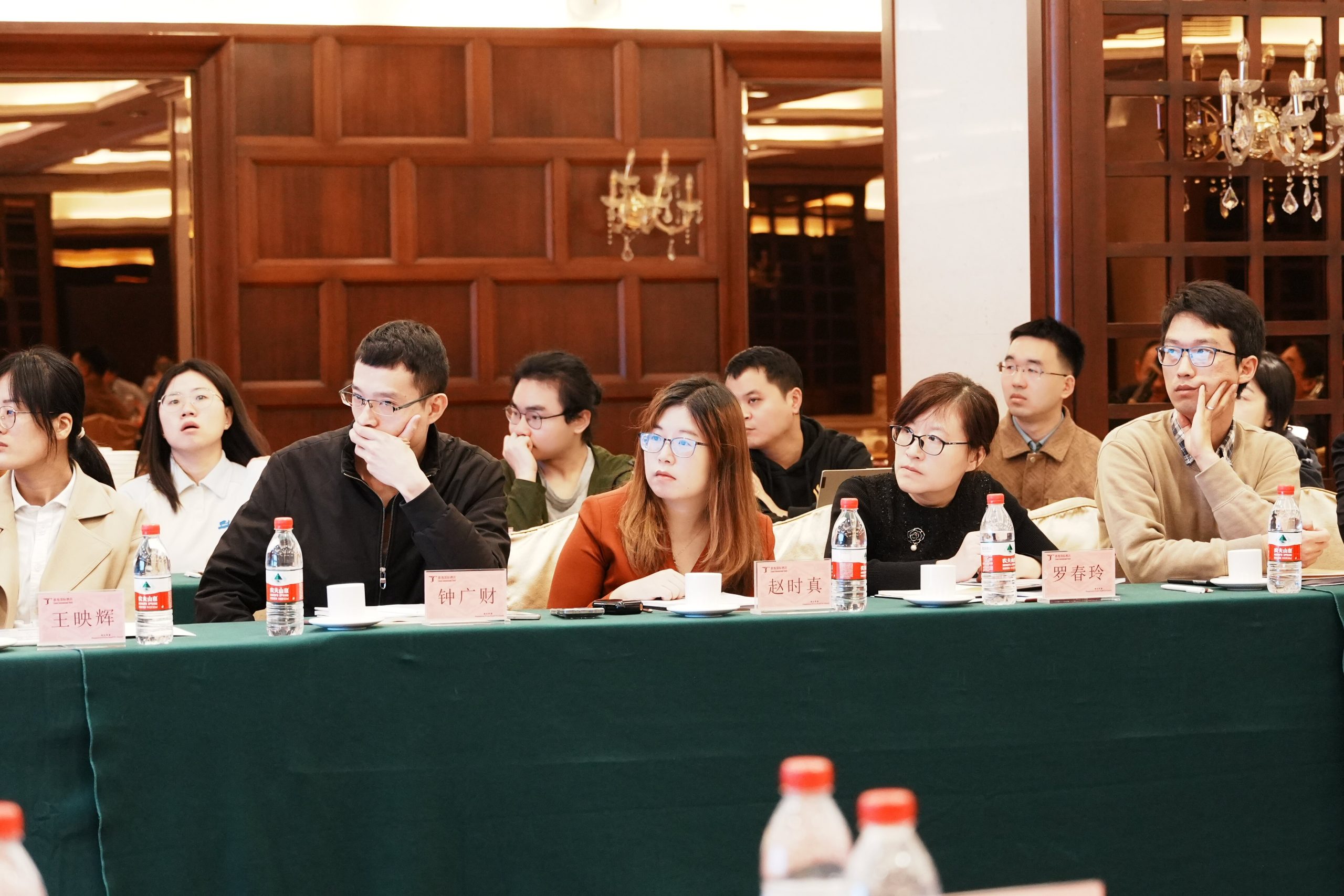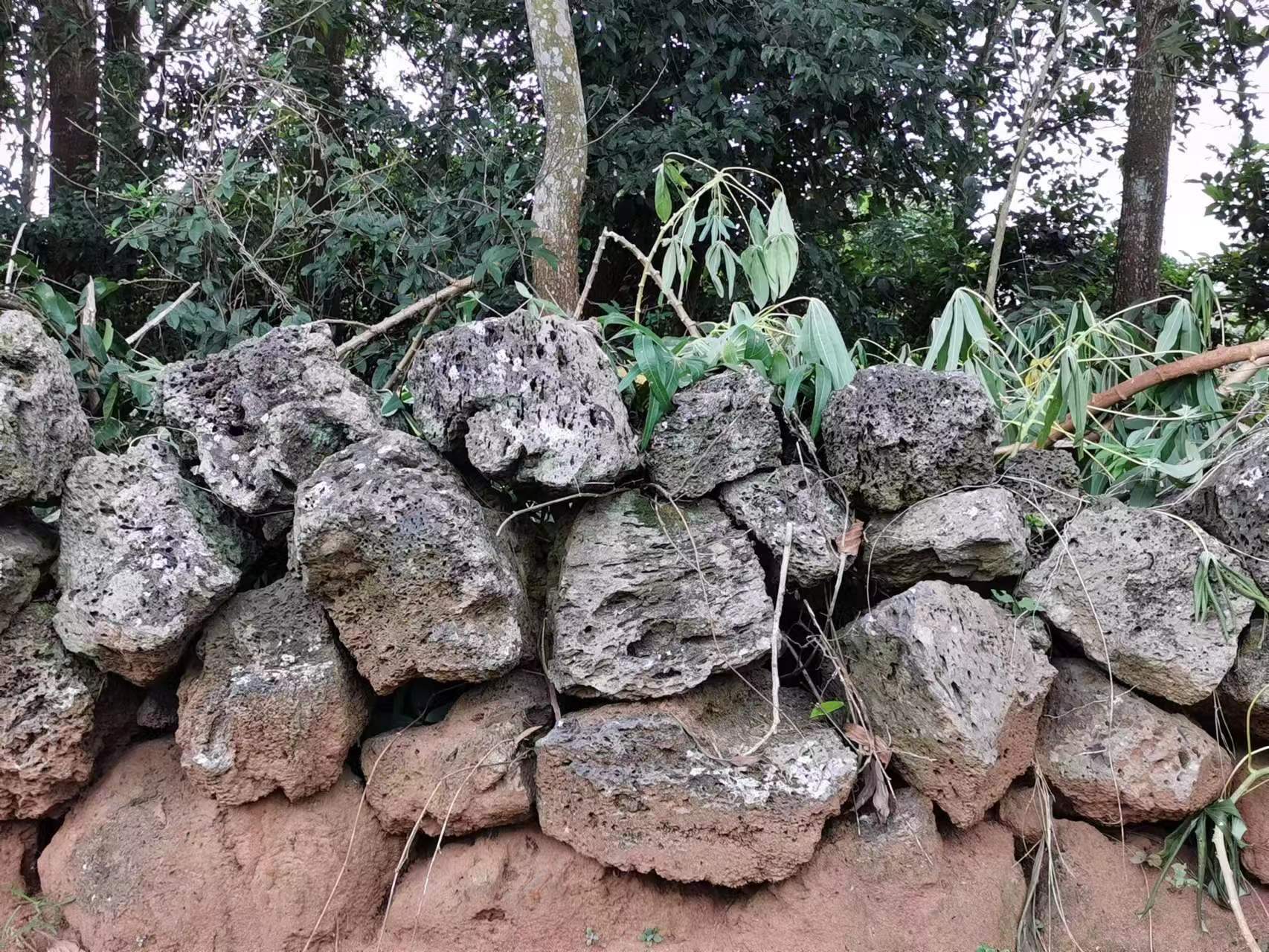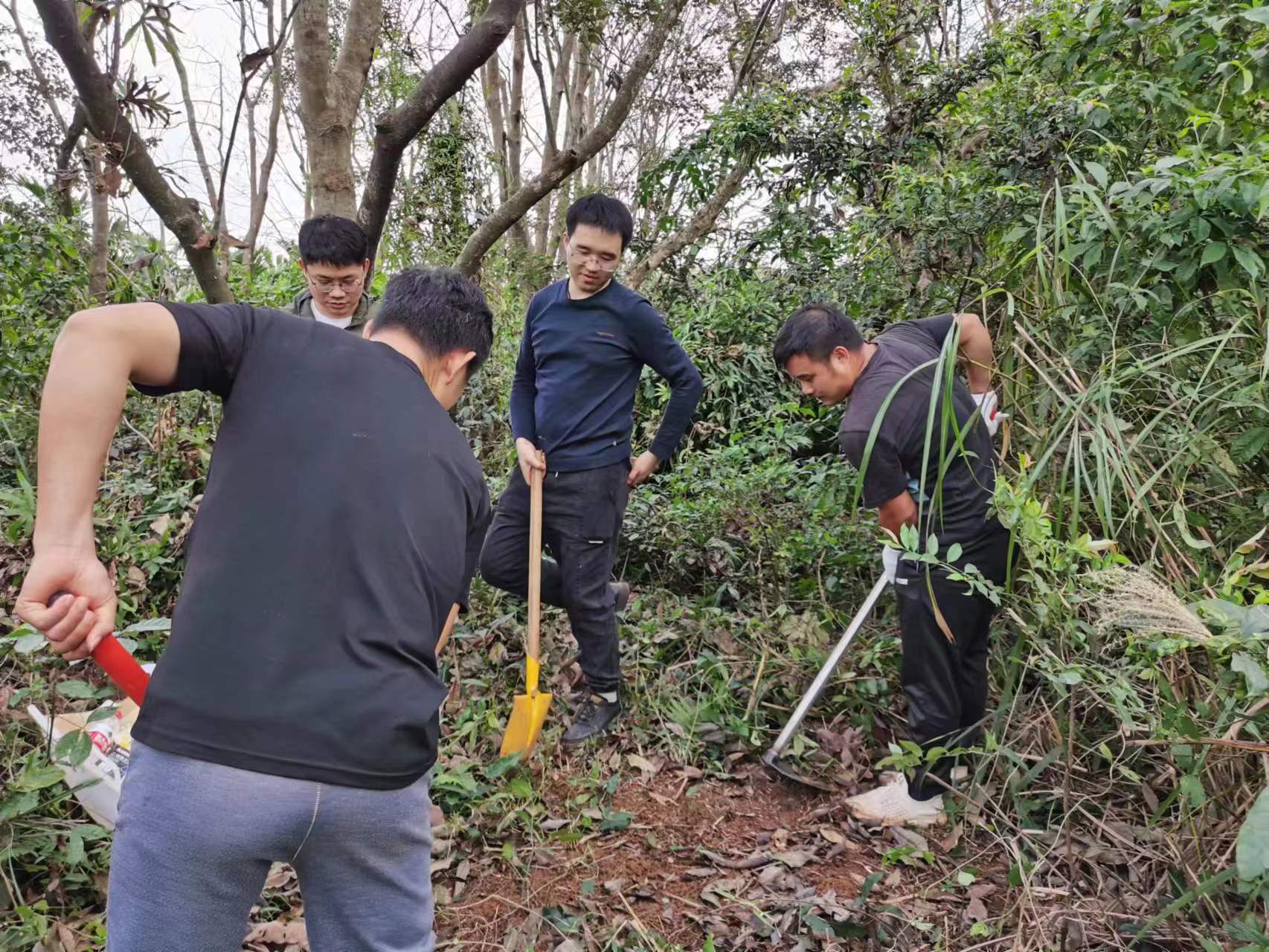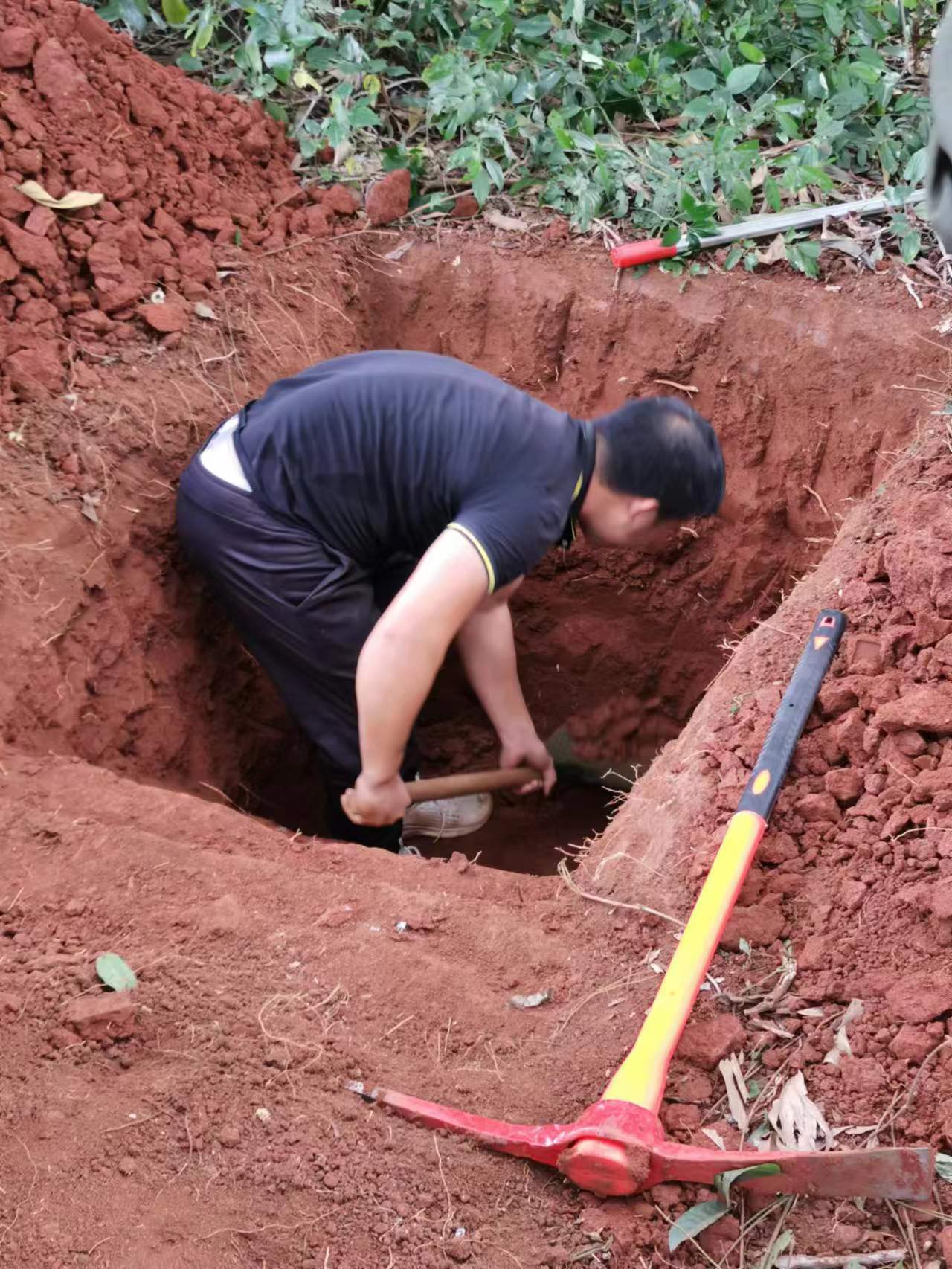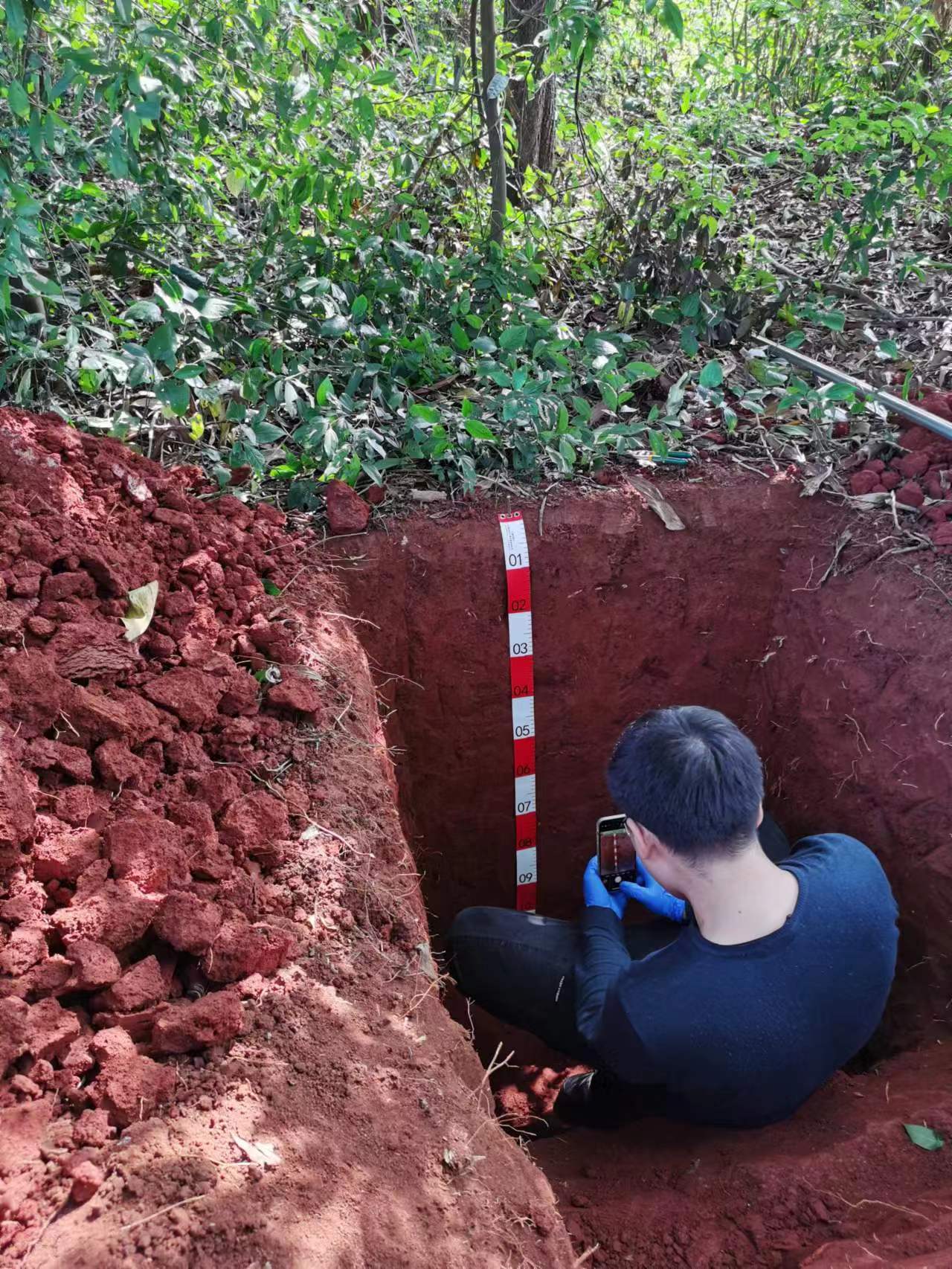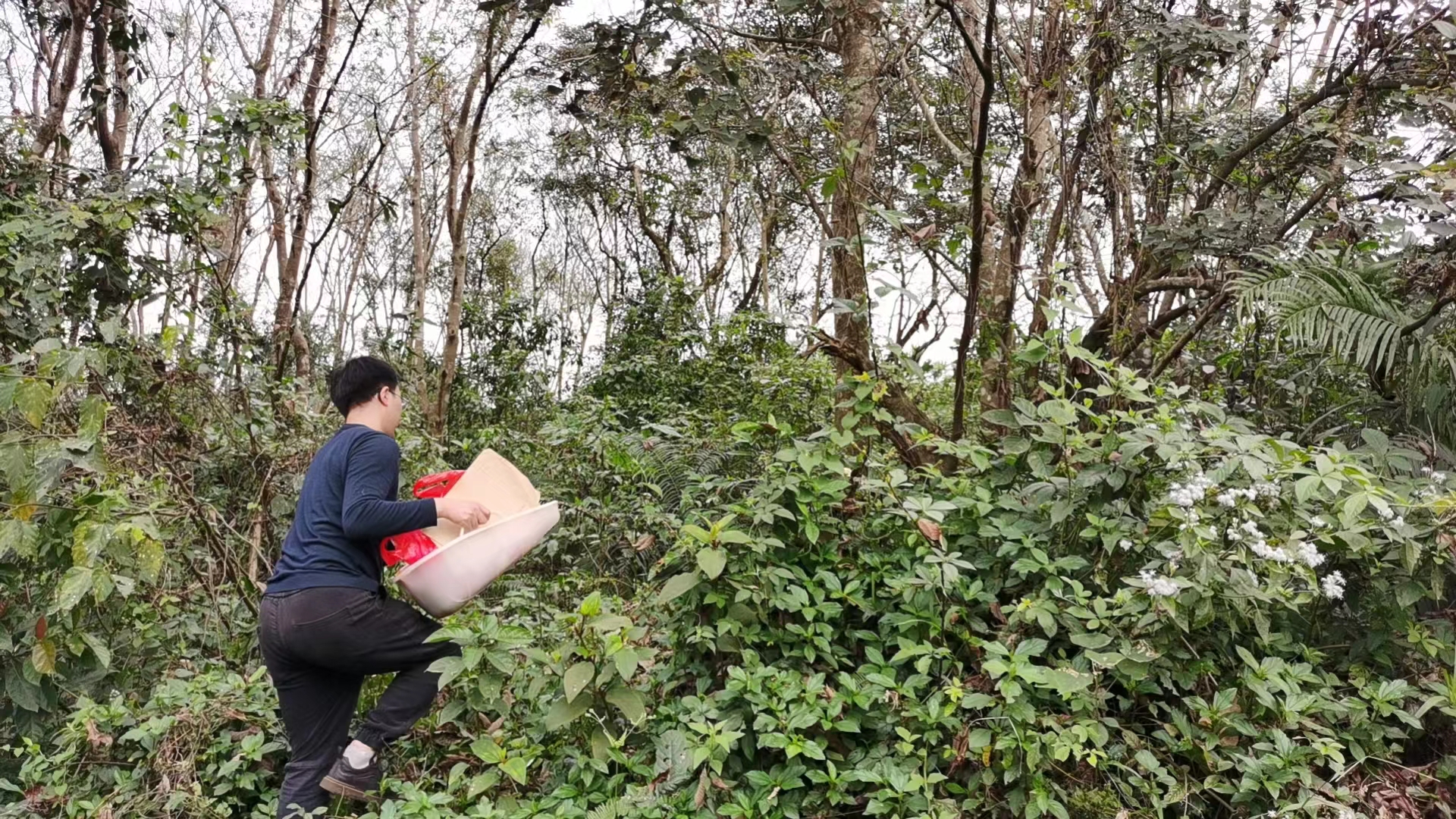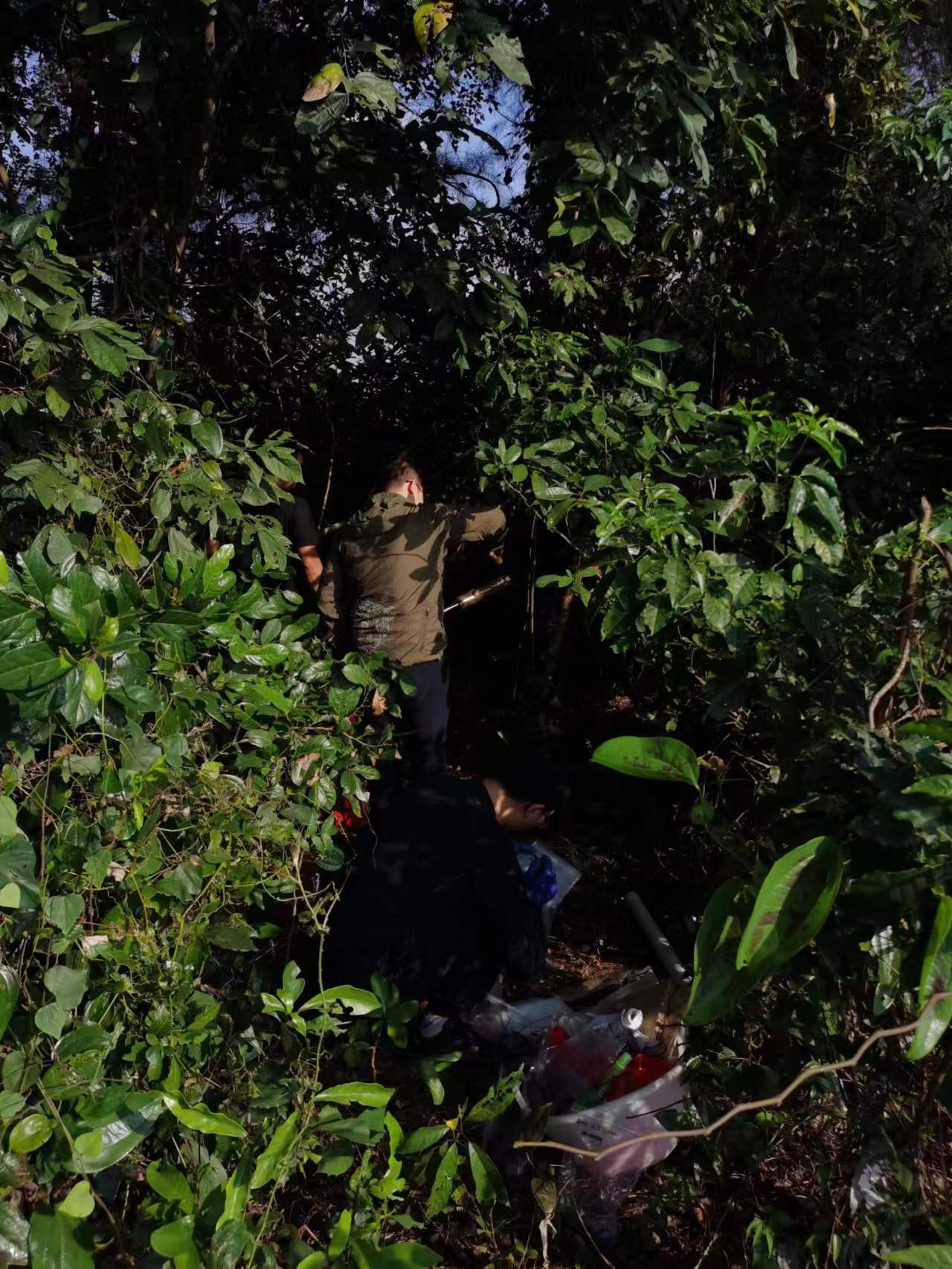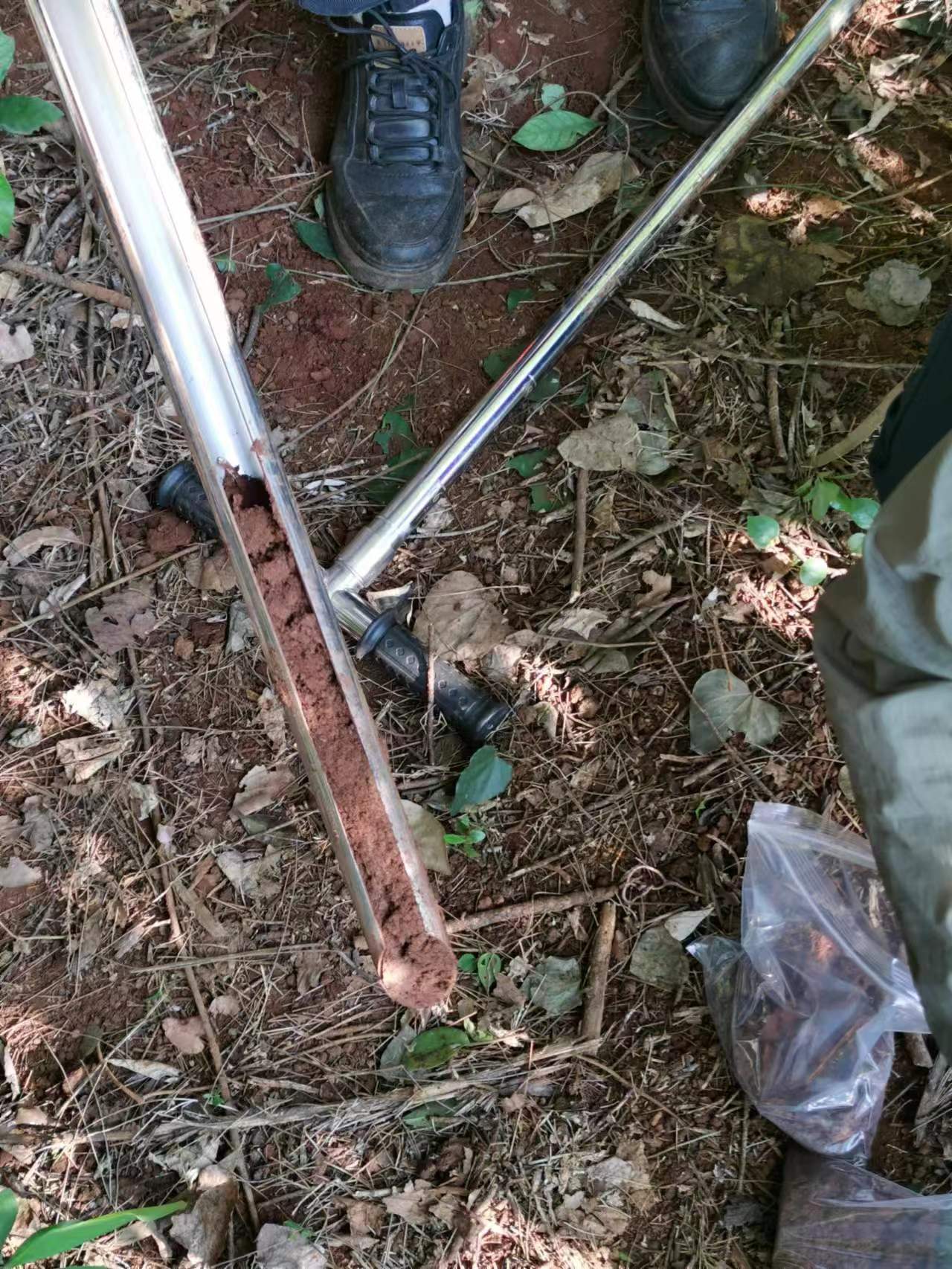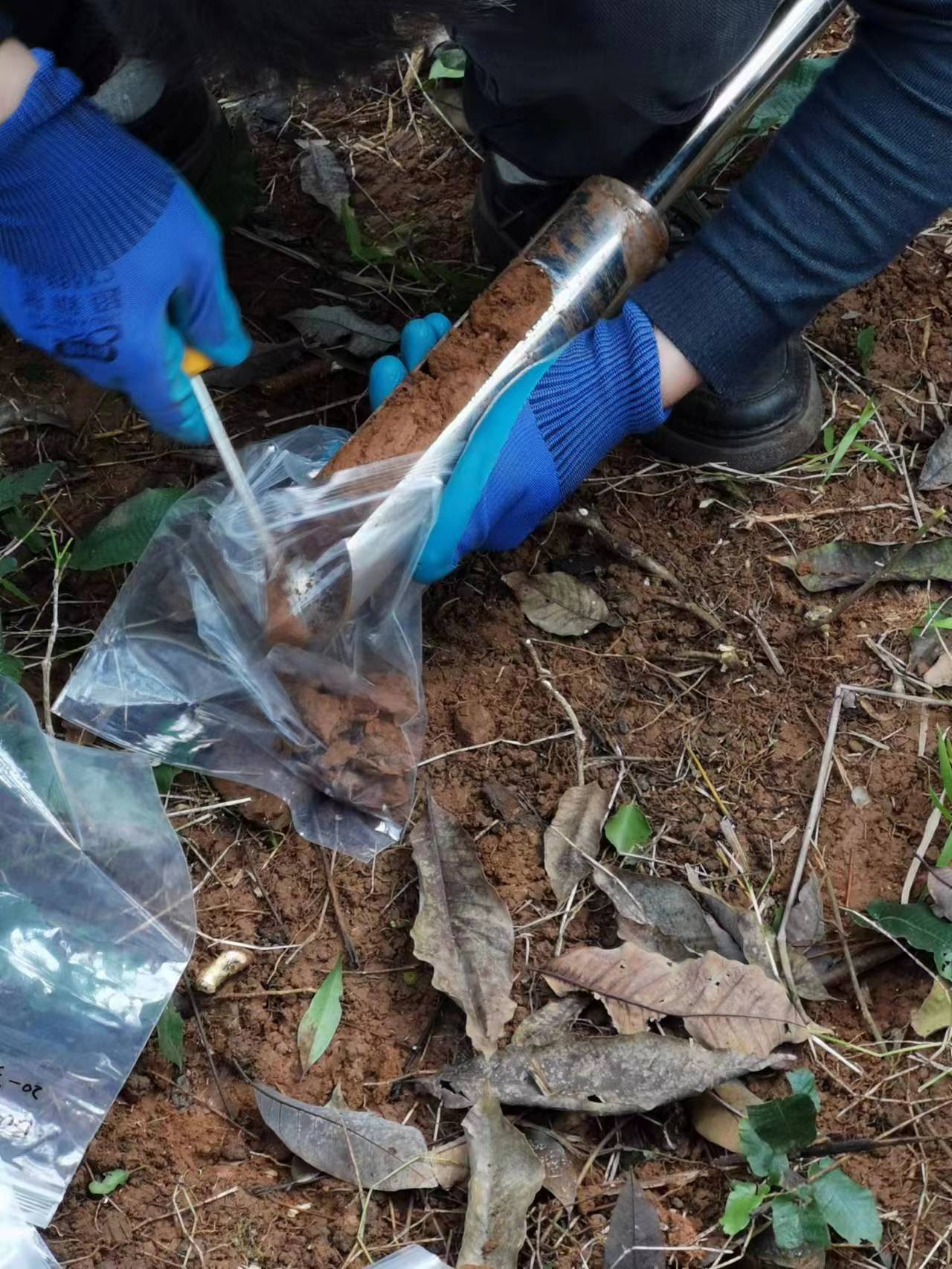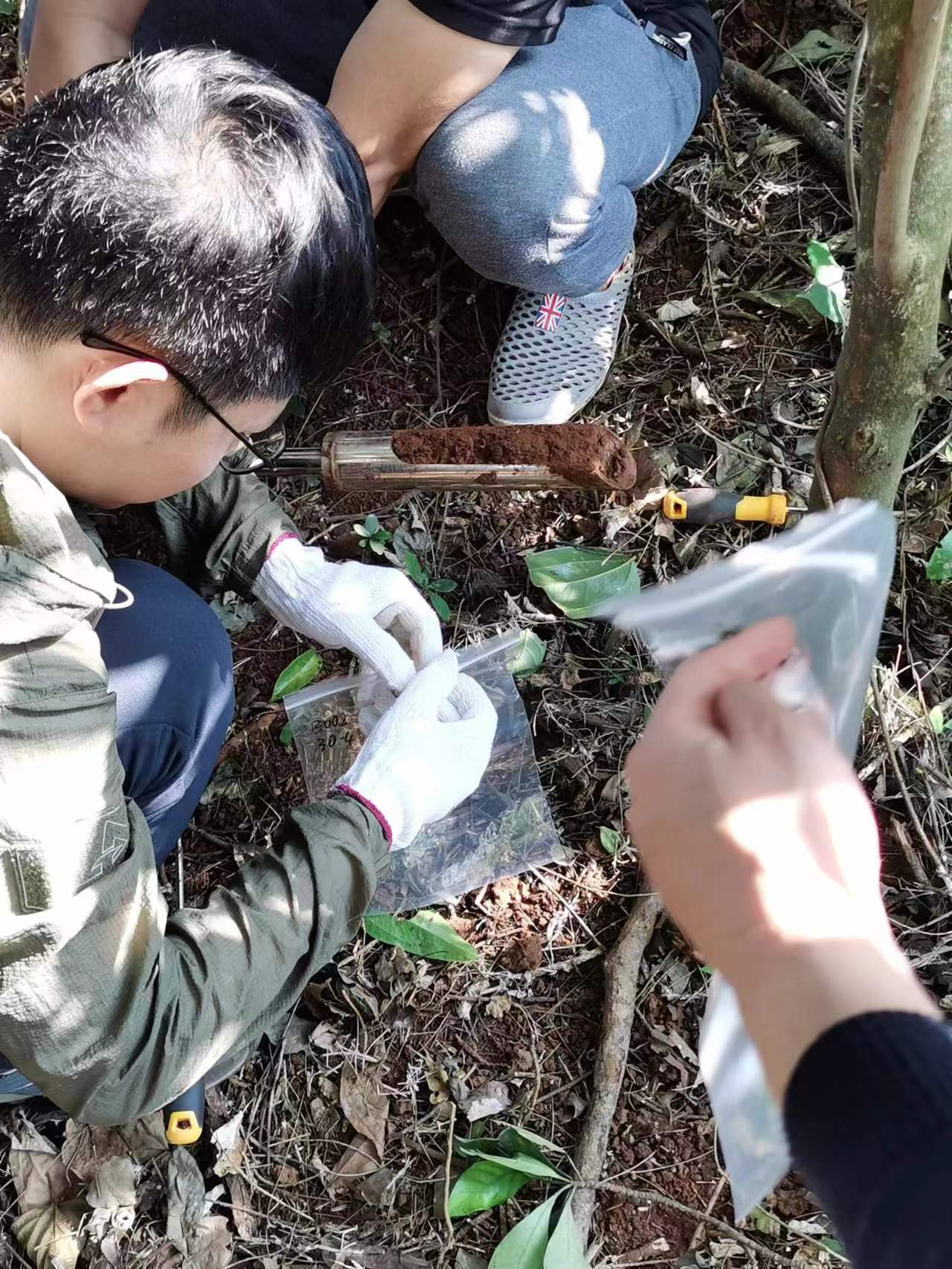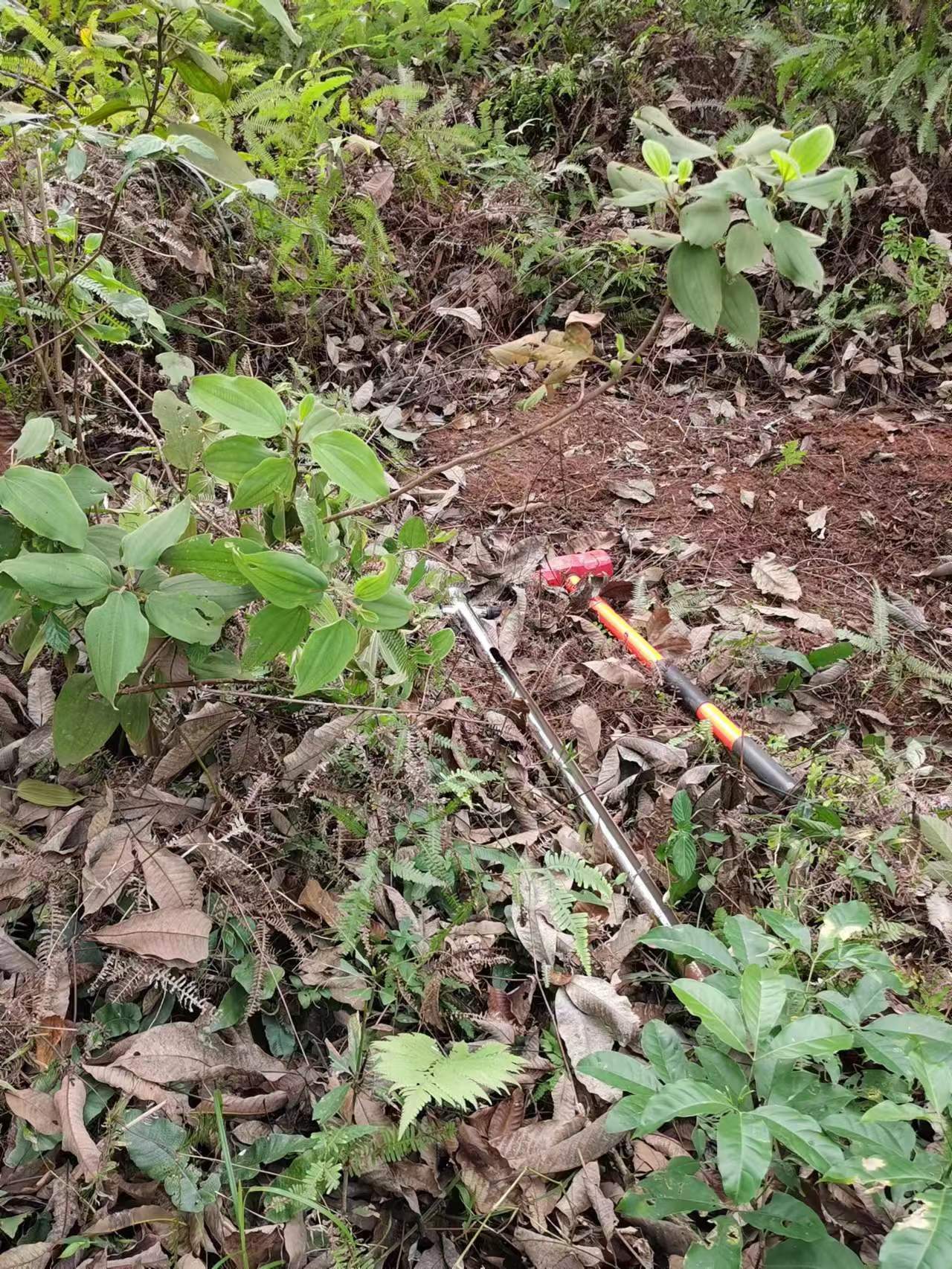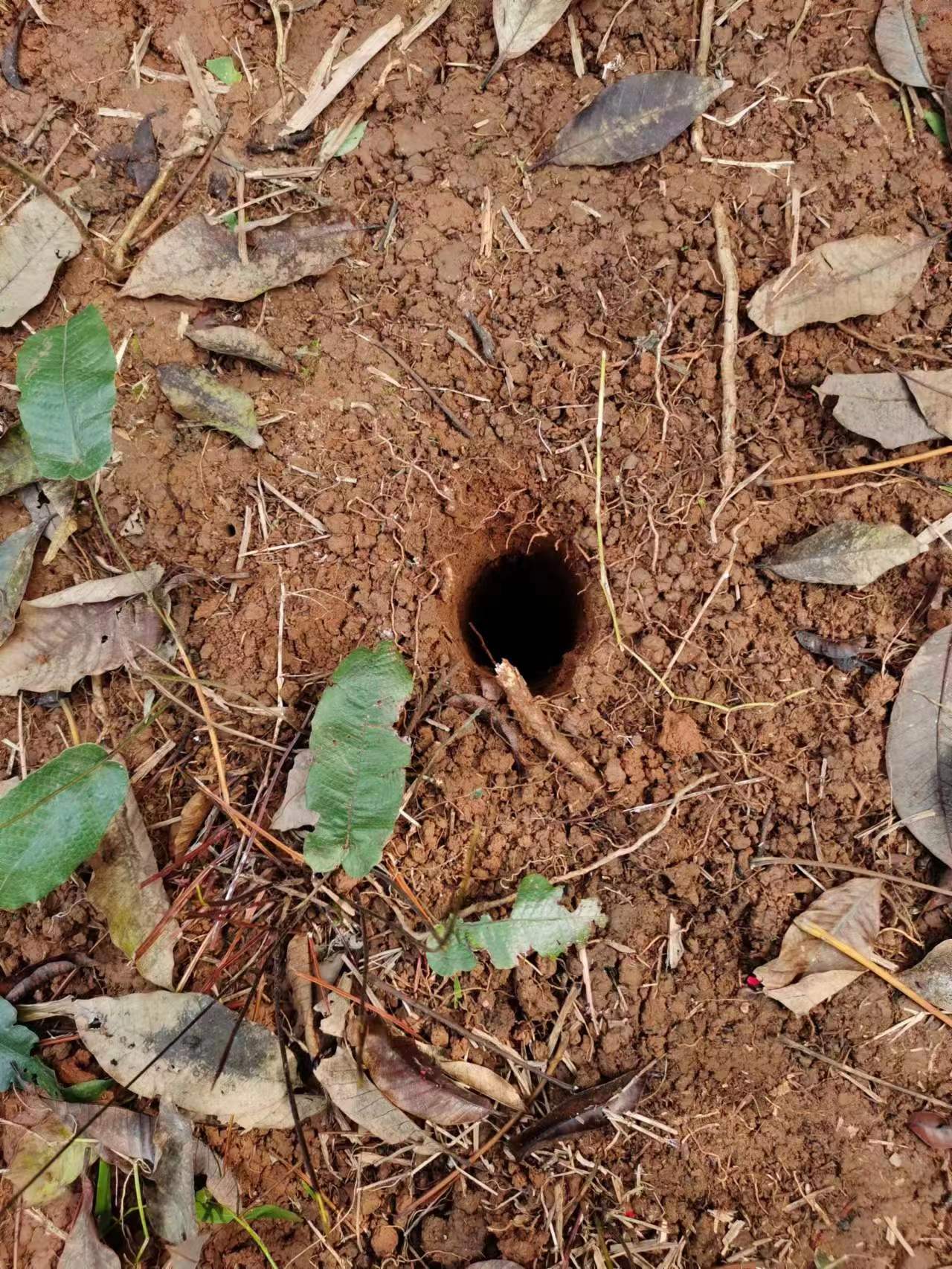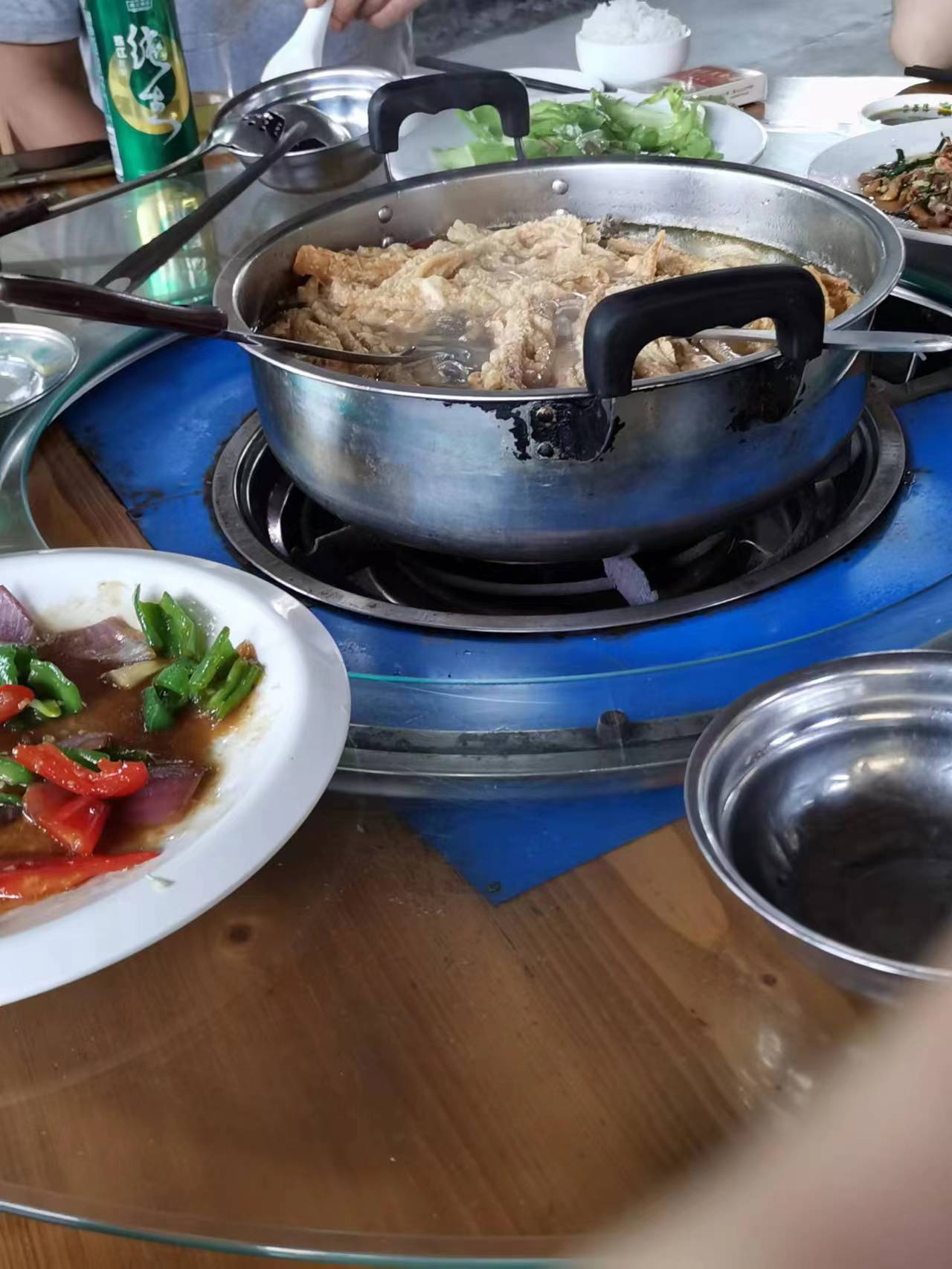On Feb 28, Shizhen and Gan had a Zoom meeting with Dr Yago Guida of Rio University of Brazil, and Roland Webber who is a distinguished international POPs expert. We talked about the expanding of our ANSO Air-Omic network to Brazil (Rio Janeiro); and we would help Brazil to investigate the HCBD contamination in three hotspots across the eastern coast of Brazil. This has been a nice meeting come out to be very promising and successful. It was 20:00pm in Guangzhou, 13:00pm in Germany, and 09:00am in Rio Janeiro ! All best to our international reach out.
标签归档:张干
NSFC major program “GeoBBC” – 2023 annual meeting
On the 16 -17th of January 2024, the 2023 annual meeting on “Black Carbon: Geochemical fate and environmental effects (GeoBBC)”, a major program of the National Natural Science Foundation of China (NSFC), was held at the Jiayi International Hotel in Guangzhou.
Li Wei (李薇), Deputy Director of the Department of Earth Sciences of NSFC, Academician Tao Shu (陶澍) from Peking University/Southern University of Science and Technology, Academician Peng Ping’an (彭平安) from Guangzhou Institute of Geochemistry, Chinese Academy of Sciences (GIG), Academician Wang Yanxin (王焰新) from China University of Geosciences (CUG), Academician Zhu Tong (朱彤) of Peking University, Professors Pan Bo (潘波) of Kunming University of Technology, Zhu Dongqiang (朱东强) and Zheng Mei (郑玫) of Peking University, and Chen Yingjun (陈颖军) of Fudan University attended the meeting as seering committee members. Professor/academician He Hongping (何宏平), Director of GIG, Tian Hui (田辉), Director of Science and Technology Department of GIG, and Zhang Gan (张干), chief scientist of the major project, as well as the project leaders and backbones attended the meeting.
The opening ceremony of the conference was chaired by Tian Hui and a welcome speech was delivered by He Hongping. In her speech, Li Wei addressed that the major project was approved in 2021 and started in 2022. The project has been running for two years, with outstanding works, rich achievements and good progress. In addition, Li Wei suggested that the project should further be in line with the national demand and the “dual-carbon” strategy, strengthen target-oriented design, and face mid-term inspections. Zhang Gan gave a general introduction to the project from the aspects of project background, major research progress in 2023, and research plan for 2024. Then Song Jianzhong, Zhang Yanlin and Wang Junjian reported the annual progress of each sub-project, respectively.
The steering committee members fully agreed with the importance of the project. At the same time, constructive suggestions were made in terms of research scopes, innovative breakthroughs and project integrity, followed by in-depth discussions among the project leaders and backbone members. In response to the questions and suggestions raised by the attending experts, the project leaders and key members had a lively exchange and discussion, which helps with the next-year research plan.
Soil sampling in Hainan Island
On Jan 8-13, Buqing, Chuanghe and Gan went to the northern Hainan Island for soil sampling. The region contains a great chronosequence of red soil, with thickness up to tens of metres, developed on basalt rocks, of which the corresponding volcanic eruption time spanning from 4 Ma to 10 Ka before present (BP). We are to evaluate the lifetime of black carbon across the geological times. Two local workers joined us to help with digging and coring. In total we have collected 40 soil profiles, at 8 sites each with 5 profiles. It was warm, and there were mosquitos and unknow insects in the jungles. However, the tropical scenery is picturesque, and the flavor of local chicken is wonderful. It is a successful sampling trip, and we are waiting for the fruitful scientific outcomes!
~12 Ka BP volcanic basic rocks (basalt). 基性岩(玄武岩)
Digging from ground.
Tuff jobs.
The c.a. 12 Ka soil profile.
A good porter.
Deep in the jungle.
A core section at -80 to -100 cm .
Harvesting.
Packing.
The most robust tools.
Coring relics.
Local boiled chicken.

